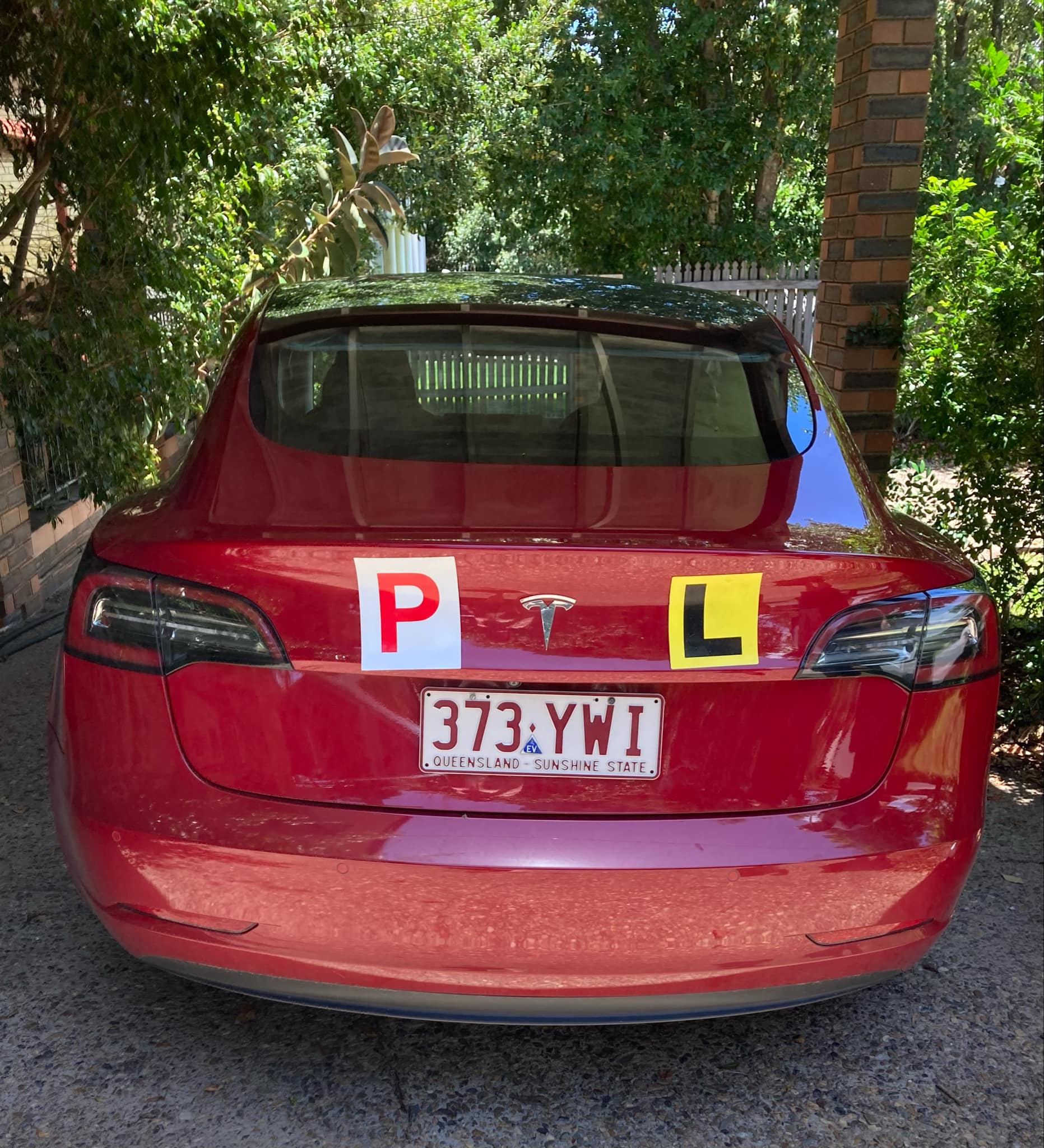
Sign up for daily news updates from CleanTechnica on email. Or follow us on Google News!
Volkswagen and the IG Metall Union have reached a compromise, ending a labor dispute that has been simmering for months. Volkswagen has been producing more cars than there were customers for — a situation that was papered over for a while by profits from its operations in China. But things have not been going well in China recently, as Chinese customers have expressed a clear preference for domestic brands. Without those profits, Volkswagen found itself between a rock and a hard place. In response, it proposed closing three factories in Germany — something that sent shock waves through the entire country.
Such a thing had never happened before and the union was in no mood for the fallout those plant closures would bring. If the dispute had continued past the Christmas holiday, the result could have been widespread strikes in the new year. After a lot of posturing by both sides and marathon bargaining sessions that extended into the wee hours of the morning, the two sides have agreed to cut 35,000 jobs by 2030 and reduce production capacity in Germany by more than 700,000 vehicles. According to Electrive, electric cars will be included in those production cuts.
In a press release, Volkswagen said it is positioning itself competitively for the future. With the collective agreement on the in-house wage agreement, the company is creating conditions for a reduction in annual labor costs of €1.5 billion by 2030. Manufacturing reductions and development cost savings are expected to result in an additional €4 billion in savings in the medium term, helping the Volkswagen brand achieve its profitability targets.
Volkswagen plans to eliminate redundancies in its labor force. Although, current employees are guaranteed jobs until 2030. The reduction in the number of employees will happen mostly through attrition, as employees who retire or leave the company will not be replaced. Additional savings measures include cuts to bonuses and profit sharing. To reach the agreement with IG Merall, the Volkswagen board withdrew its demand for a 10 percent wage reduction. Instead, the union’s proposal for a “Future Fund,” which was previously rejected as “insufficient” by the board, has been adopted as part of the compromise. According to Handelsblatt, “a pay increase of just over five per cent — similar to agreements in the metal and electrical industries — will be paid into a fund in two stages rather than employees’ accounts.” This fund will be used to finance flexible reductions in working hours for some employees.
As for the areas where jobs will be cut, only one department has been specifically identified. Volkswagen announced that “to invest more in innovations, the Technical Development department will be reorganized. By leveraging group synergies, the competitiveness of Technical Development will be sustainably strengthened.” As part of this restructuring, approximately 4,000 jobs will be cut by 2030.
Rearranging Production At Volkswagen
A number of agreed model shifts between factories were detailed in a statement by IG Metall. Production of the ID.3 and Cupra Born will be transferred from Zwickau to Wolfsburg. The ID.4 will be entirely relocated to Emden. The factory in Zwickau will be left with only one model to build — the Audi Q4 e-tron. With only one model being built there in the future, Zwickau will likely struggle to remain profitable.
The gasoline powered Golf and its wagon variant, which are currently assembled in Wolfburg, will be manufactured in the Puebla factory in Mexico beginning in 2027. Wolfsburg will manufacture the upcoming ID.Golf, which is based on the SSP platform. The ID.4 will be manufactured alongside the ID.7 and ID.7 Tourer in Emden. Additionally, a decision will be made in 2027 regarding the allocation of another model. In Hanover, the production of the T7 Multivan and ID. Buzz will continue. “Thus the relocation plans of the management have been thwarted,” writes IG Metall. However, “specific measures to sustainably reduce factory costs” have been agreed upon, the company says.
While Emden and Hanover are secure, two smaller locations have no future. Production in the Glass Factory in Dresden, where Volkswagen builds electric cars based on the MEB platform on a small scale, will end in late 2025 and that location will be “repurposed.” The Osnabrück plant, which was not scheduled to produce a vehicle after 2026, is to be sold. According to information from Handelsblatt, the former Karmann plant “could go to a defense or recycling company.” One model that neither the company nor IG Metall has mentioned is the ID.5. It is no longer being produced in Zwickau and is not listed among the models slated for production in Emden. It’s possible the ID.5 will be discontinued, Electrive says, but this is not yet confirmed.
Volkswagen had said it would close up to three factories, and the smaller sites in Dresden and Osnabrück were early contenders for closure. If a third factory was included on the closure list, one of the larger vehicle or component factories would have been included. Under the new agreement, the component plants remain secure. Kassel has received commitments for electric mobility components. In Salzgitter, a decision on when to begin production at the second section of the PowerCo battery cell factory will be made no later than Planning Round 74 in 2026.
“After long and intense negotiations, the agreement is an important signal for the future viability of the Volkswagen brand, Volkswagen Commercial Vehicles, and the components plants,” said CEO Oliver Blume. “With the achieved package of measures, the company has set decisive steps for its future in terms of costs, capacities, and structures. The board and management are participating disproportionately.”
Both Sides Claim Victory
“For the future of the Volkswagen brand, we have set ourselves three priorities — reducing overcapacity in Germany, lowering labor costs, and achieving competitive development costs,” said VW Brand chief Thomas Schäfer. “The negotiations have led to viable results in all three areas. With the agreed measures package, we are able to largely close the gap in our performance program.”
Daniela Cavallo, who chairs the Volkswagen AG Works Council, said, “No site will be closed, no one will be made redundant, and our in-house wage agreement is secured in the long term. With this threefold approach, we have fought for a rock solid solution under the most challenging economic conditions. Although there are collective concessions beyond monthly incomes, these are offset by the solidarity driven retention of all sites with future prospects, a new job security plan until the end of 2030, and the assurance for the management that at Volkswagen, changes against the will of the workforce are doomed to fail.”
Handelsblatt describes the deal as a “breakthrough” for Volkswagen Group CEO Oliver Blume, “as further steps for the critical planning round in the group can now be taken.” The current planning round was originally scheduled for November but was postponed due to the wage dispute. In these planning rounds, Volkswagen allocates investments for the next five years and determines the distribution of models across its more than 100 factories worldwide. Now the marketplace must decide if Volkswagen will remain both relevant and profitable in the future.

Chip in a few dollars a month to help support independent cleantech coverage that helps to accelerate the cleantech revolution!
Have a tip for CleanTechnica? Want to advertise? Want to suggest a guest for our CleanTech Talk podcast? Contact us here.
Sign up for our daily newsletter for 15 new cleantech stories a day. Or sign up for our weekly one if daily is too frequent.
CleanTechnica uses affiliate links. See our policy here.
CleanTechnica’s Comment Policy



